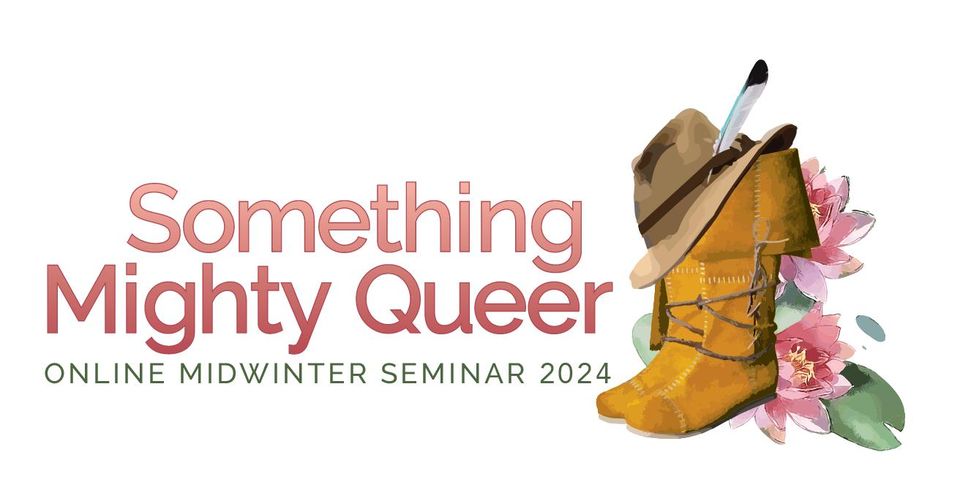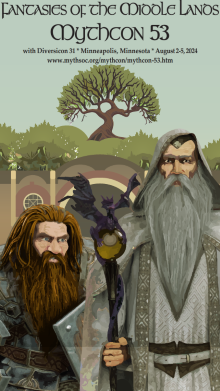Loading...
Event Website
https://www.mythsoc.org/oms/oms-2024.htm
Start Date
2-17-2024 3:00 PM
End Date
2-17-2024 3:50 PM
Description
Throughout Octavia Butler’s Kindred the author raises numerous tensions around the notions of accessibility, disability, equality, and inclusion, exposing the crisis of black futures. My analysis focuses on the way that queerness informs the protagonist Dana’s experiences in the context of slavery, her positioning in the contemporary discourse of neo-liberalism, and her positioning in the prospective future. Very few scholars perceive Dana’s subjectivity as an actual state of being that carries value both materially as well as metaphorically. The materiality of queerness has not constituted part of the larger discourse of the American slave system. By examining how Butler renders queerness both figuratively and materially, I establish a connection between the past, the present, and the future. The different figurations of space and time, exposed through Dana’s time-traveling help conceptualize her mobility in different structures. Previous scholarship has focused primarily on the origin and legacy of trauma, inflicted on the Black female body of the twentieth century, however; there has only been little criticism in relation to the active construction of Black female subjectivity, located at the level of the body. I explore the question of how Black women are relegated to a space outside of proper liberal subjectivity, to move forward. I argue that Butler evokes a politics and ethics of care by presenting the reservation of Rufus’ life at all costs evoking Black labor and kinship as key to democratic possibility.
Creative Commons License

This work is licensed under a Creative Commons Attribution-NonCommercial-No Derivative Works 4.0 International License.
Included in
Children's and Young Adult Literature Commons, Comparative Literature Commons, Digital Humanities Commons, European Languages and Societies Commons, Literature in English, Anglophone outside British Isles and North America Commons, Literature in English, British Isles Commons, Literature in English, North America, Ethnic and Cultural Minority Commons, Medieval Studies Commons, Modern Languages Commons, Modern Literature Commons, Other English Language and Literature Commons
A queer reading of Octavia Butler’s Kindred
Throughout Octavia Butler’s Kindred the author raises numerous tensions around the notions of accessibility, disability, equality, and inclusion, exposing the crisis of black futures. My analysis focuses on the way that queerness informs the protagonist Dana’s experiences in the context of slavery, her positioning in the contemporary discourse of neo-liberalism, and her positioning in the prospective future. Very few scholars perceive Dana’s subjectivity as an actual state of being that carries value both materially as well as metaphorically. The materiality of queerness has not constituted part of the larger discourse of the American slave system. By examining how Butler renders queerness both figuratively and materially, I establish a connection between the past, the present, and the future. The different figurations of space and time, exposed through Dana’s time-traveling help conceptualize her mobility in different structures. Previous scholarship has focused primarily on the origin and legacy of trauma, inflicted on the Black female body of the twentieth century, however; there has only been little criticism in relation to the active construction of Black female subjectivity, located at the level of the body. I explore the question of how Black women are relegated to a space outside of proper liberal subjectivity, to move forward. I argue that Butler evokes a politics and ethics of care by presenting the reservation of Rufus’ life at all costs evoking Black labor and kinship as key to democratic possibility.


